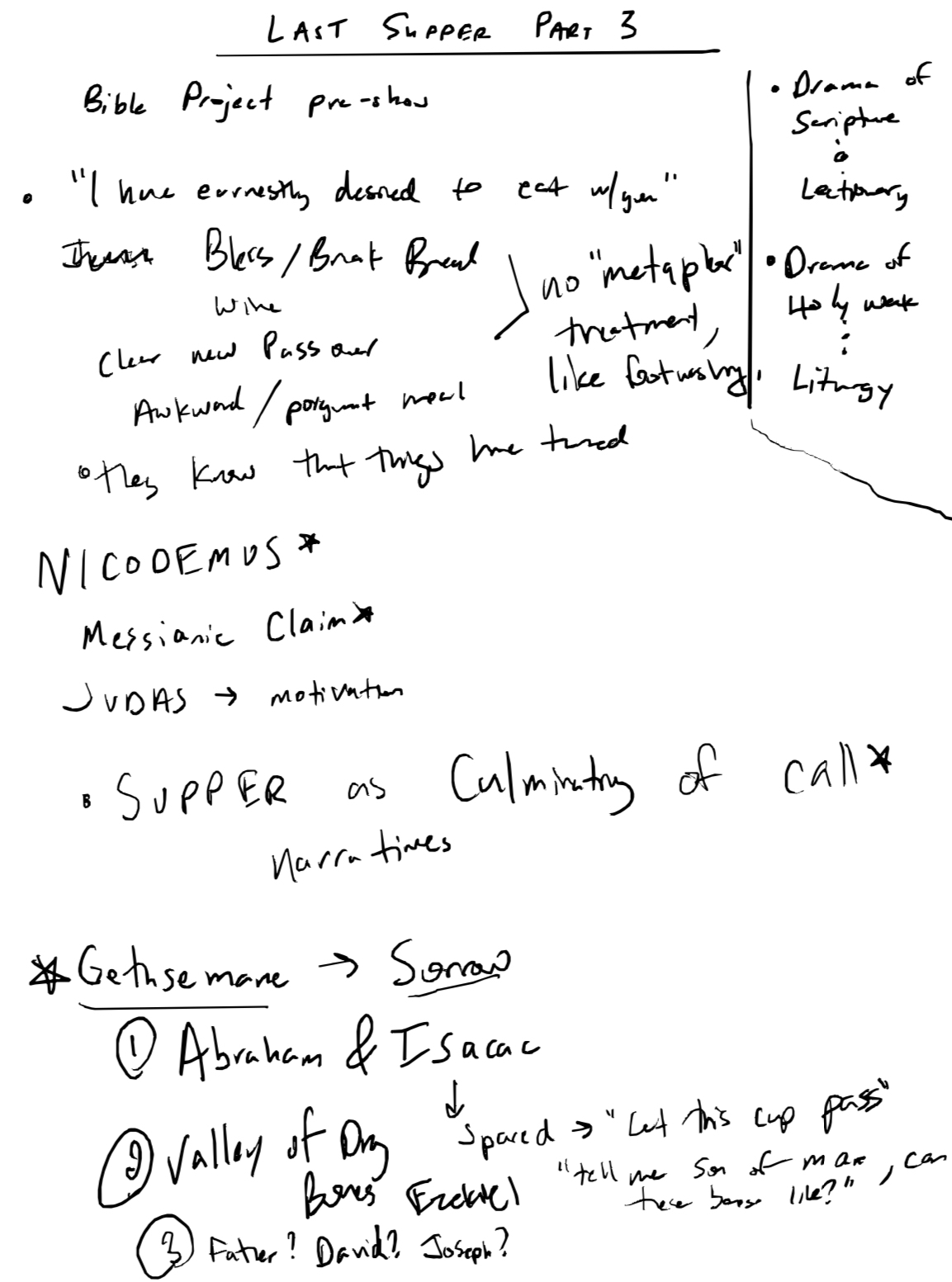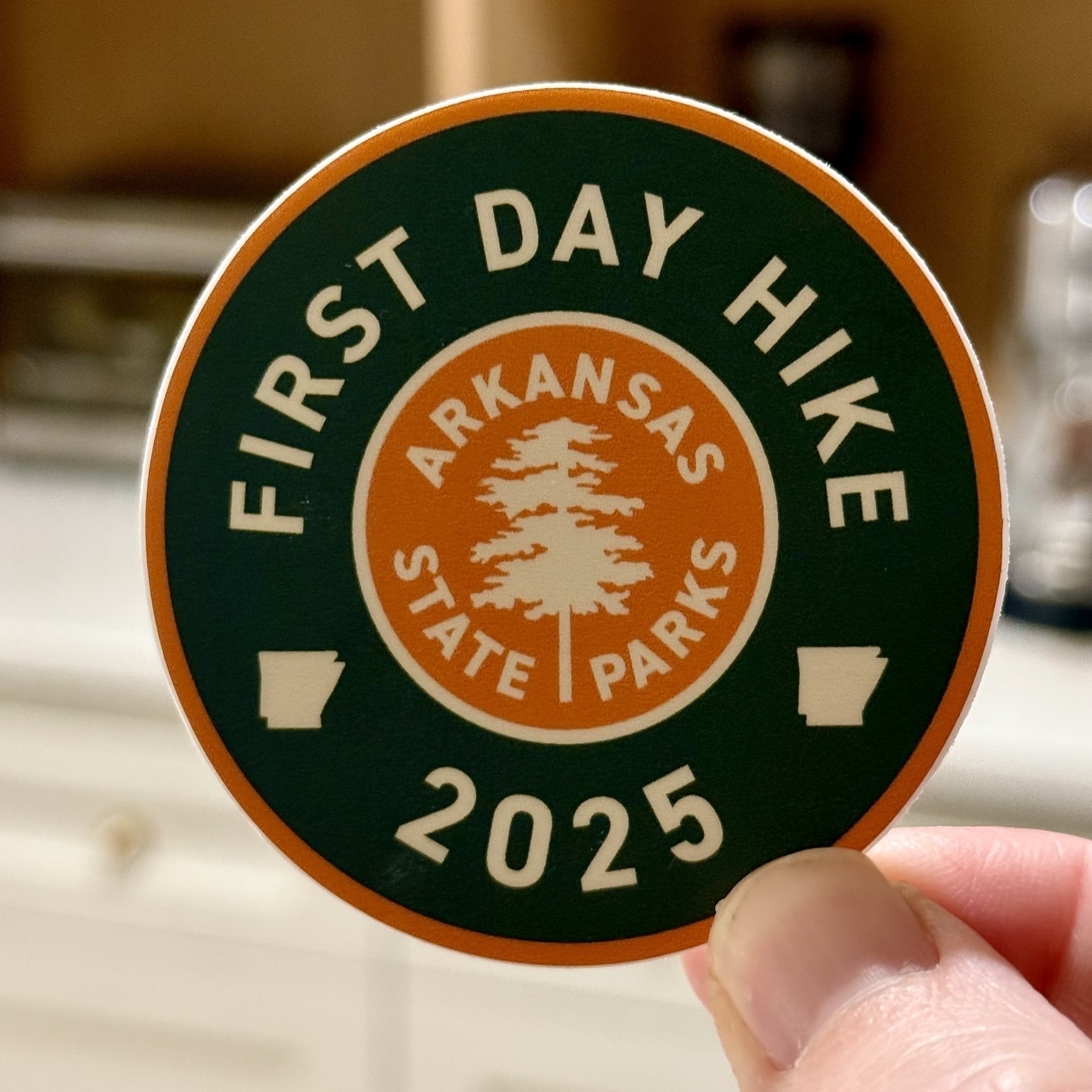But what if it is better to not be the first to know?

But what if it is better to not be the first to know?

If you are on the fence about leaving Meta, and this article does not push you off that fence by permanently deleting your account, then you have never really been anywhere near the fence all along.
Have the child. Practice the religion. Found the school. Support the local theater, the museum, the opera or concert hall, even if you can see it all on YouTube. Pick up the paintbrush, the ball, the instrument. Learn the language — even if there’s an app for it. Learn to drive, even if you think soon Waymo or Tesla will drive for you. Put up headstones, don’t just burn your dead. Sit with the child, open the book, and read.
This is powerful prose and a compelling vision. I am grateful to know many people who are engrained in This Way.
I wrote a review of The Last Supper films for The Living Church this week. These are the notes I took in the theater that eventually became the review.
The films reward the theological depth and biblical literacy of the audience, without requiring either for a cohesive viewing experience.

I am Tottenham through and through. And the two free kicks by Rice the Gooner against Real Madrid were simply phenomenal. (4:50 and 7:28)
That they both happened in the same match against a world class keeper is borderline legendary.
So, friends, every day do something that won’t compute.
I come back to this Wendell Berry poem more frequently than any other. This line in particular is a wonderful foil to “Your mind will be punched in a card and shut away in a little drawer” from a few lines earlier.
N.B. the poem was written in 1974, so a little history of computing is necessary to appreciate these things.
In other words, maybe it would be best if our schools required students to explore what it is to be human by immersing themselves in millennia of human thought and creativity. Somebody should invent a new field of study to do just that. You could call it something like the humanities.
It seems to me that the children who are writing their own papers or studying for their own tests have an advantage here. They are learning to work, to write, to risk, to struggle, to fail, while these over-tutored children are learning to pay someone else to do work for them. How do you gain confidence if your tutor turned in an “A” paper on “The Great Gatsby?” If these children actually read “Gatsby” they might learn something about the futility of materialism.
Sometimes it takes stating the obvious to point out the ridiculous.
Catechizing my children as Spurs supporters is basically parallel to their catechesis into the Christian way: Both are a citizenship that leads to some daily joys and many momentary sorrows. For both, the true reward is mostly found on a distant shore. That is, when the spurs saints go marching in. Neither are solely achieved through reading a book. But both involve the ever-increasing embodiment of a story. If I don’t fully embrace either of these myself, there is zero earthly reason for my children to do the same.
The Good News: we are a Narinia family, and we read in Publication Order like good citizens of the heavenly city.
The Bad News: Prince Caspian is nowhere to be found, and we just finished LWW with our four-year-old.

Well done, Arkansas State Parks, for rewarding a New Year’s hike! We tried a new trail at Devil’s Den State Park to kick off 2025 this year, and were happy to receive these stickers in the mail this week.


In an ideal world, I pray the Daily Office with real books and by candlelight. In this world, I often find myself listening to Morning and Evening Prayer. Over the break I created this Shortcut that will load and play the correct audio Office depending on the time of day. You can edit or remove the “Prayer Intentions” popup as needed. The audio is from the folks at Forward Movement. It is faithfully updated with Readings for Morning Prayer and Evening Prayer every single day—something sorely lacking in the dozens of versions of the audio Daily Office I have tried to date.
Merry Christmas, from our filthy animals to yours!

A window pops up, blocking content, to encourage you to download the app for a better reading experience. In the app, a window pops up, blocking content, to encourage you to rate the app, since it is a better reading experience than the website. Because, remember, on the website a window pops up…
This is a key to the permanent home of Coram Deo Academy of Dallas! This campus was founded in 2006, and has been searching for a permanent home since 2018. Generations of families will benefit from the work of this community at this time; laudate Dominum.

If the goal of AI is to be on par with human sales representatives, then AI has arrived. Which is to say: AI is as bad as human sales representatives.
N.B. These offers are not even accurate when you follow the links.

An interesting homophone of topics from the last two podcasts I listened to: Serie A and Syria.
Men in Blazers for the former, and Honestly for the later.
meat + fire + patience


Thanksgiving week reading:
Oil and parts are not necessarily cheap, but it still remains a joy to pay the same to DIY an oil change on two vehicles—with full synthetic oil plus cabin, oil, and engine filters—for less than it costs to have someone else do the same for just one of your vehicles.